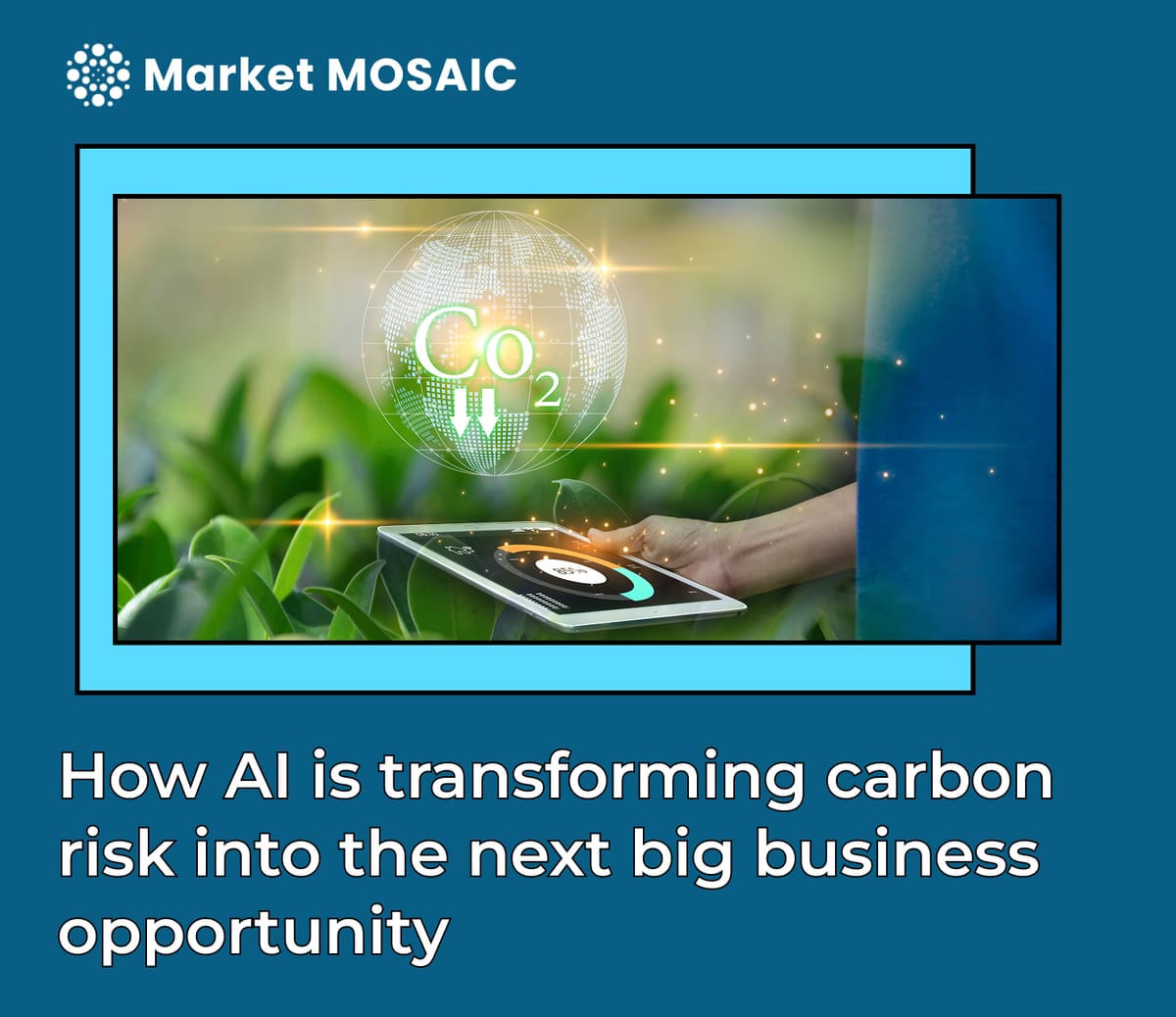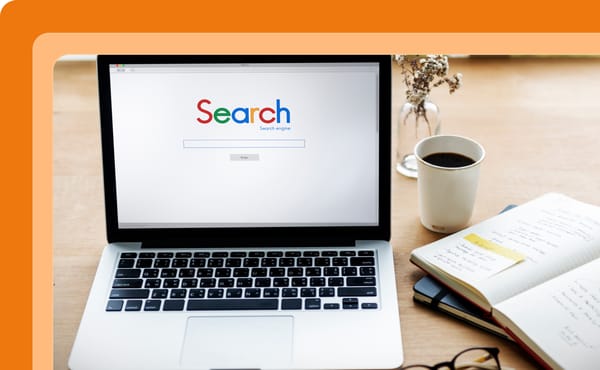How AI is transforming carbon risk into the next big business opportunity
AI-powered carbon capture is turning emissions from a costly burden into valuable products. Saudi Aramco’s partnership with SandboxAQ shows how profitable sustainability can reshape business strategy and meet rising consumer demand for climate action.

For decades, carbon burden—the overwhelming buildup of CO₂ in our atmosphere—has been seen as a costly problem for both the planet and business. Driven largely by burning fossil fuels, industrial manufacturing, transportation, and large-scale deforestation, this accumulation traps heat, fuels global warming, and accelerates climate-related disasters. The impact on the environment is severe; disrupted ecosystems, declining agricultural yields, rising sea levels, and costly infrastructure damage. Economically, climate-related losses are projected to reach trillions of dollars annually.
Many businesses have approached this issue as a costly regulatory burden rather than a value-creating initiative. But a new $5.6 billion collaboration is rewriting that script. Saudi Aramco, the world's largest oil producer, has partnered with SandboxAQ, a quantum AI company spun out of Google's parent company, Alphabet. This partnership marks a significant shift in thinking.
From waste to value: the power of AI
Saudi Aramco's involvement is particularly telling. A company once defined by fossil fuel production is now aiming to become a leader in climate technology. Its partner, SandboxAQ, brings cutting-edge quantum AI to the table. This powerful technology can model the complex chemical processes needed to transform CO₂ not into a waste product, but into valuable raw materials.
Together, they plan to turn CO₂ into profitable products like plastics, industrial compounds, and aerospace components. This innovative approach aligns with a crucial consumer trend: 76% of environmentally conscious shoppers prefer companies that repurpose waste into useful goods over those that simply reduce emissions.
A new era of "profitable sustainability"
This presents a clear takeaway for business leaders: climate action is no longer just an initiative, but a strategic opportunity to differentiate your brand and attract new customers.. Companies that can demonstrate a model of profitable sustainability will unlock a powerful competitive advantage. They can attract and retain eco-conscious consumers, reshape their supply chains, and create entirely new revenue streams.
The global awareness of carbon capture is still evolving, from 93% in Europe to just 41% in emerging economies. This means companies need to be strategic, tailoring their efforts to the market. But the lesson is universal: the next wave of climate action may not be about how much carbon a company cuts, but about the value it can create from the carbon it captures.
By reframing carbon from an environmental liability into a strategic asset, leaders can redefine what it means to be a successful business in a climate-conscious economy. Climate action is no longer just a cost, rather it's a competitive edge.





